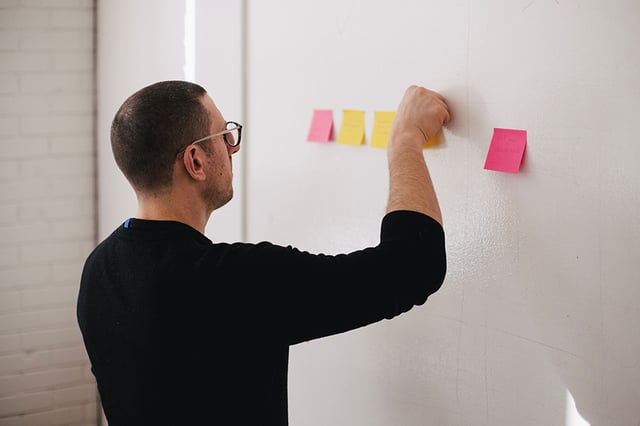Four Steps to an Equitable and Effective Digital Literacy Program
 Written By Anna McVeigh-Murphy
Written By Anna McVeigh-Murphy
Digital literacy amplifies technology by transforming the ways in which students learn, work, and socialize. By cultivating higher-order digital skills, students change the way they think about technology, which positions them for success in high school, college, and career. Indeed, digital literacy defines future-ready students, so it’s no surprise that more and more schools and districts are instituting digital literacy programs.
Sounds great! How do I get started?
Well, it’s complicated….
As any busy educator knows, developing and implementing successful programs can be a timely endeavor involving false starts and pivots.
We can’t offer a perfect template for building a successful digital literacy program, mostly because there is no one-size-fits-all approach. In its place though, we have developed this guide that offers a sound process that we have refined through years of working with districts and schools embarking on this quest. The process spans four phases:
- Articulate the program’s vision.
- Build an implementation model.
- Scope a framework for alignment.
- Engage teachers throughout the program launch and beyond.
Ultimately, this intends to cultivate a digital literacy program that is both inclusive and aligned. Inclusive refers to purposeful planning that originates from a consistent and specific vision that resolves to reach all students. By aligned, we are referring to vertical and horizontal planning that ensures learning begins with foundational technology skills that compound, grow, and connect as students’ skills develop.
The result of this effort is an equitable and effective digital literacy program.






